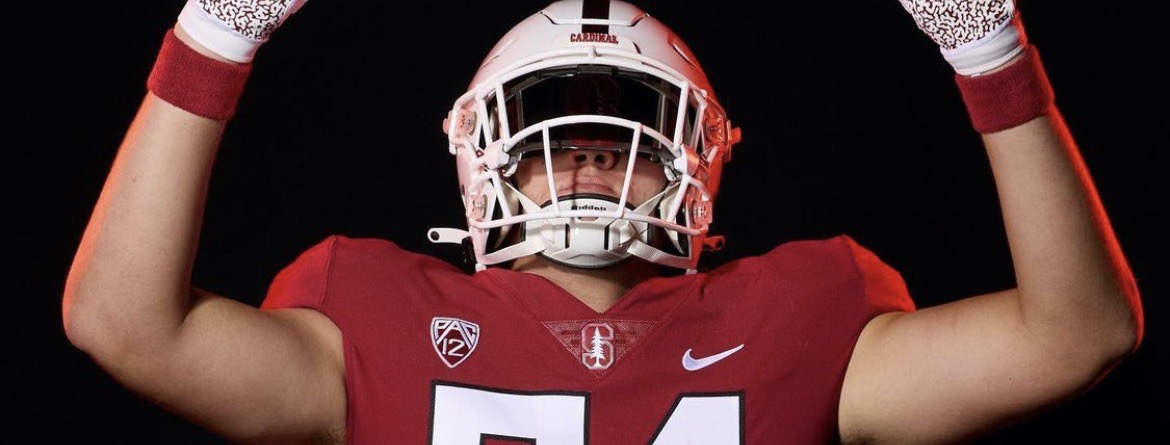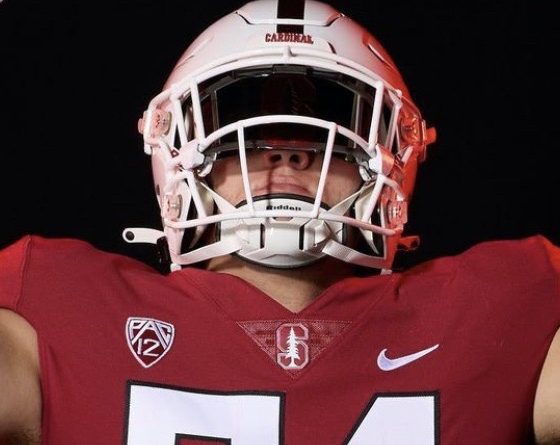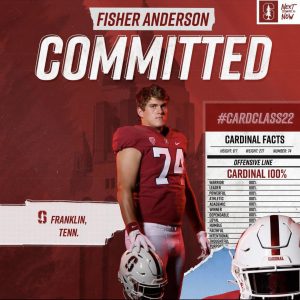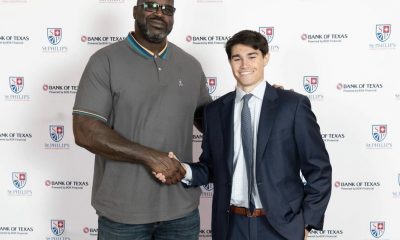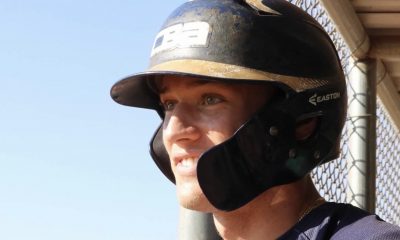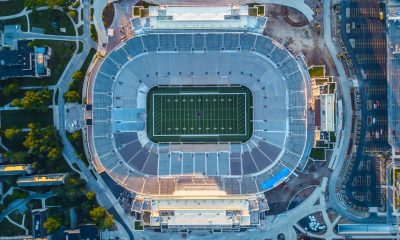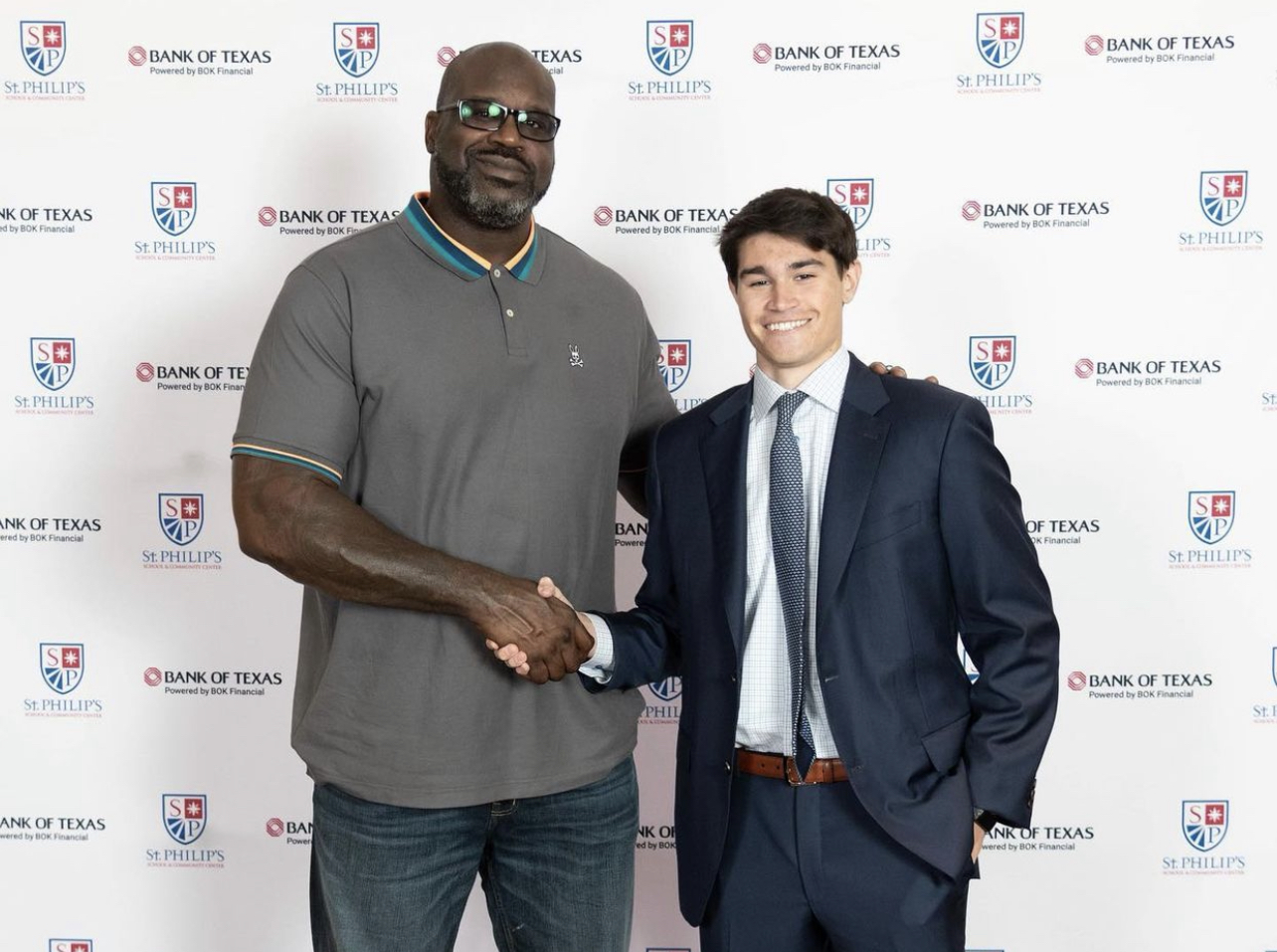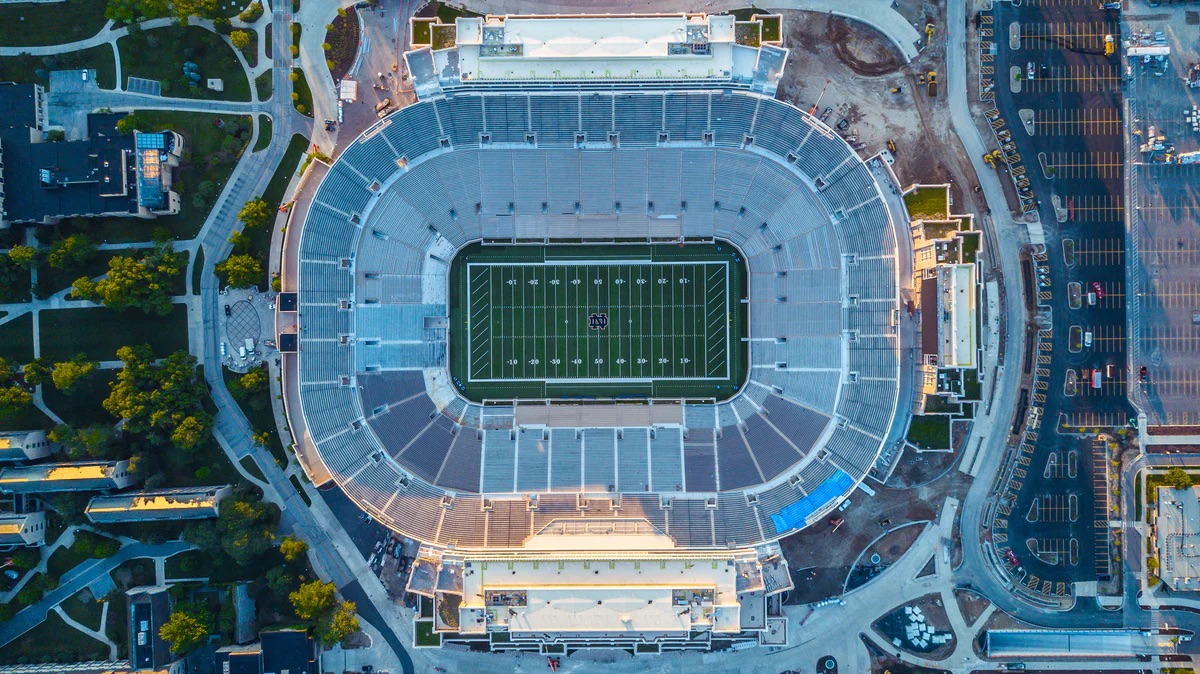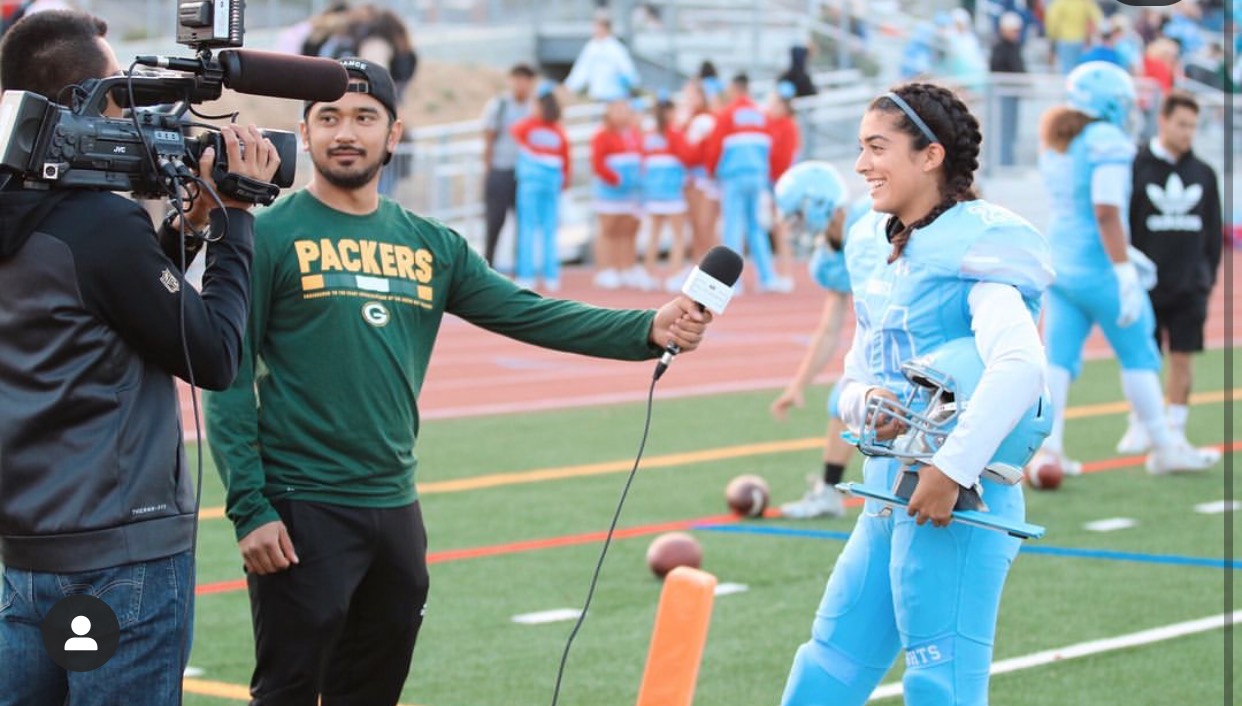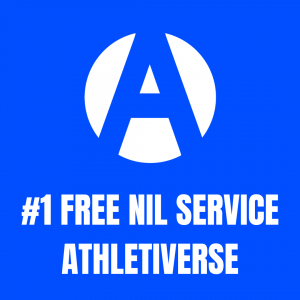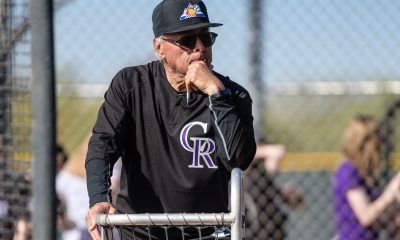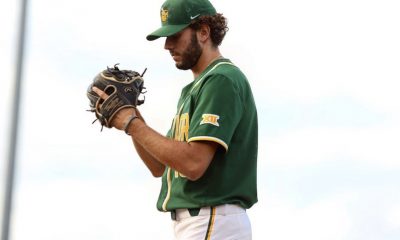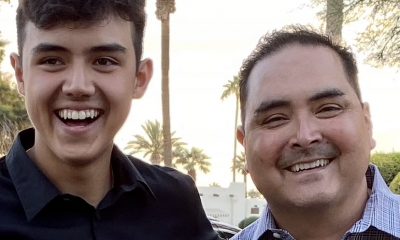If you are a Notre Dame fan or just interested in reading our write-up on the recent coaching change out of South Bend, I promise we will get to that, but I want to start here.
I want to start with a story about Bill Buckner.
For those unacquainted, Bill Buckner let a ground ball go through his legs in the 1986 Worlds Series for our younger audience.
After the error, the Mets would defeat the Red Sox, Buckner’s team, and claim the title in game 7.
Buckner would be the most excellent scapegoat in sports of the 20th century.
However, disturbingly enough, Buckner, two weeks before the series with the Mets in an interview with Don Shane from WBZ-TV, said, “The dreams are that you’re going to have a great series and win. The nightmares are that you are going to let the winning run score on a ground ball through your legs.”
To squash all assumptions, no, this story is not about manifestation.
It’s about mentality.
Marcus Freeman, a week ago, took over as the head football coach for Notre Dame.
In his opening statement to the media upon accepting this most prestigious position, Freeman did anything but what the media has seen over the years.
Instead of promising championship runs and accomplishing unimaginable feats, Freeman, in his opening remarks, made clear that his primary concern was to ensure that everyone knew that the primary driver of success for Notre Dame Football would be the players.
“Being the leader of this program is about understanding that to be successful on this journey, it’s going to take others, and we’re going to have to do this as a team.”
Freeman, above all, has maintained the view that at the heart of Notre Dame football is a set of values reflective of the university’s education and institution.
When we generally look at the broader population of collegiate athletes, the identity of the players, fans, coaches, and community is that they came here to play sports.
But Freeman has reminded his players and the nation that athletes, despite previous identities, do not come to Notre Dame to play football.
They don’t even come to contribute to change.
They come to be changed by Notre Dame.
Freeman has taken the typical achievement-based reward system within sports that convince athletes that they’ll only receive love, acceptance, and notoriety from on-field success and now challenges the men in his program to see themselves as a part of something much bigger than football.
Yes, football is important. And Freeman doesn’t take that for granted.
But as the “players coach,” he reminds his team and us all that football is just something they do.
The overall manner in which his team handles themselves academically, socially, and spiritually is what he seems to demand the high standards of most.
Wins and national championships will be the byproduct of developing mentally consistent and strong players.
Although Marcus Freeman could be some verbal general or someone who knows how to say all the right things, Freeman seems to truly understand the depth of an athlete’s mind beyond most.
So back to Buckner for a moment.
Buckner’s nightmare comments made shortly before making one of the most unforgettable errors in baseball history raise the question that making that error was not one of his worst nightmares. Would the outcome be different that night?
None of us can answer that.
However, I believe athletes’ identities mustn’t be contingent upon the results of a game.
As Marcus Freeman makes his debut shortly in the Fiesta Bowl, could Notre Dame’s new leader bring the Irish their national championship with the approach to developing high-level people before athletes?
In the spirit of sport romanticism, boy, I hope so.
You can catch Marcus Freeman’s debut on January 1, 2022, as Oklahoma State takes on Notre Dame on ESPN.
We wish you all a very happy and blessed holiday season!
